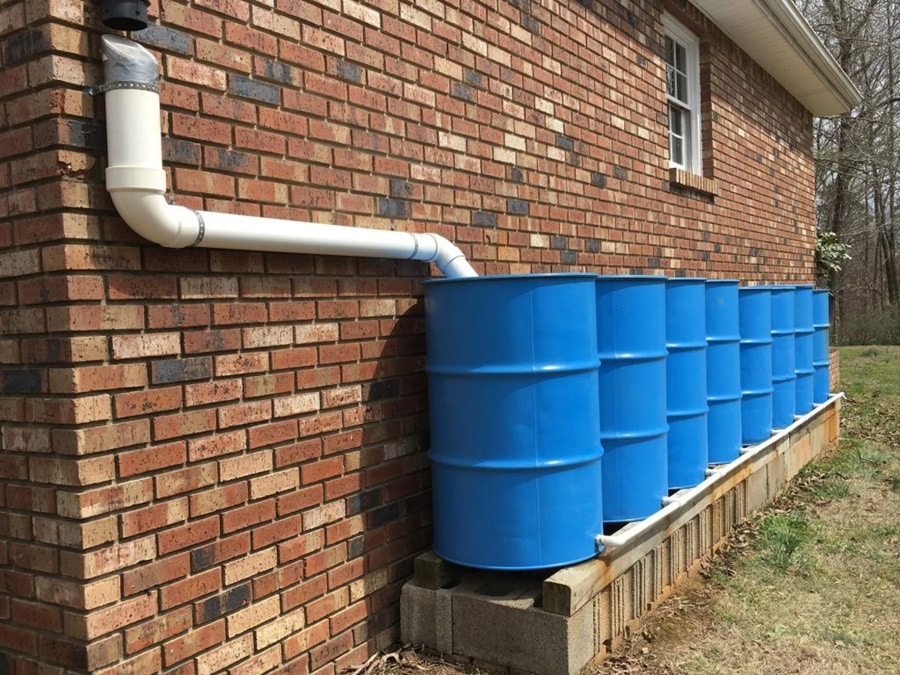Proper waste disposal is crucial for protecting our environment and health. Throwing certain items in the trash can lead to severe environmental damage, legal issues, and safety hazards. Many people are unaware of the specific types of waste that should never be discarded in their household trash bins. This post aims to educate readers about these items, highlighting the dangers they pose and providing safer, more responsible disposal alternatives. By understanding and implementing proper disposal practices, we can all contribute to a healthier planet and a safer community.
Contents
Hazardous Household Waste
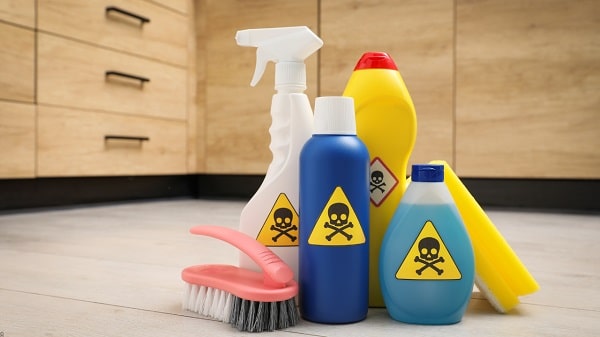
Hazardous household waste includes items that contain toxic chemicals, flammable materials, or other dangerous substances. Common examples are batteries, paint, chemicals, and pesticides. Improper disposal of these items can result in soil and water contamination, posing significant health risks to humans and wildlife. For instance, chemicals can leach into the ground, polluting water sources and harming ecosystems.
To mitigate these risks, it is essential to use proper disposal methods for hazardous waste. Many communities offer hazardous waste collection programs where residents can drop off these items safely. Additionally, local recycling centers often accept hazardous materials, ensuring they are handled and processed correctly. By taking advantage of these resources, we can prevent environmental damage and protect public health.
Electronics and E-Waste
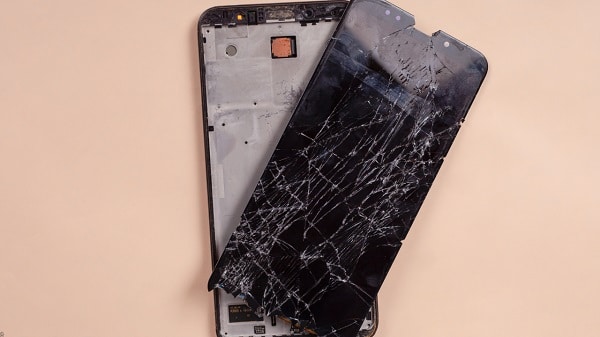
Electronic waste, or e-waste, refers to discarded electronic devices such as smartphones, laptops, televisions, and printers. E-waste is particularly problematic because it contains toxic metals and chemicals, like lead and mercury, which can be harmful if not disposed of properly. Additionally, many of these materials are non-biodegradable, meaning they will persist in the environment for centuries.
Instead of throwing e-waste in the trash, consider recycling programs specifically designed for electronics. Many manufacturers offer take-back schemes where you can return old devices for proper recycling. Donating or selling functioning electronics is another great option, extending the life of the product and reducing waste. These practices help recover valuable materials and prevent harmful substances from polluting the environment.
Medications and Pharmaceuticals
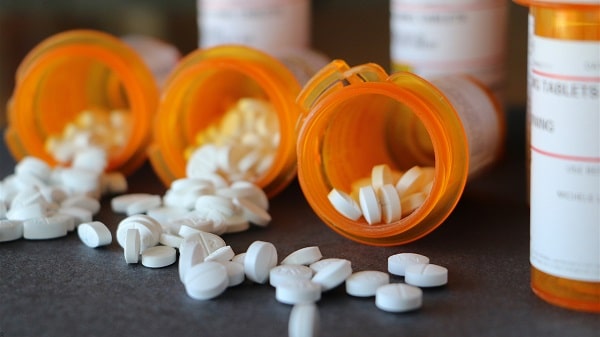
Medications and pharmaceuticals should never be thrown in the trash due to the risk of water supply contamination and accidental ingestion by children or pets. When medications are discarded improperly, they can end up in landfills or waterways, leading to the presence of pharmaceuticals in our drinking water. This can have adverse effects on human health and aquatic life.
To safely dispose of medications, utilize drug take-back programs, which are often available at pharmacies and local law enforcement agencies. The FDA also provides guidelines for disposing of medications when take-back programs are not accessible, such as mixing them with undesirable substances and placing them in a sealed container before disposal. These methods ensure that medications do not pose a risk to the environment or public health.
Personal Care Products

Personal care products like cosmetics, shampoos, and nail polish often contain chemicals that can be harmful to the environment. When these items are thrown in the trash, they can end up in landfills, where their chemicals may leach into the soil and water, contributing to pollution. Additionally, some personal care products contain microplastics, which can persist in the environment and pose a threat to wildlife.
Proper disposal of personal care products involves several steps. First, check if the containers are recyclable and dispose of them accordingly. For products that cannot be recycled, look for special disposal instructions on the packaging or consult local waste management guidelines. Some communities offer collection programs for specific types of personal care products, ensuring they are handled in an environmentally friendly manner.
Light Bulbs and CFLs
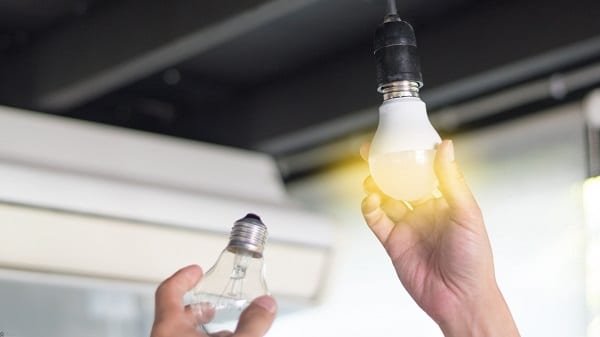
Different types of light bulbs, including incandescent, fluorescent, LED, and compact fluorescent lamps (CFLs), require careful disposal. CFLs and fluorescent bulbs, in particular, contain small amounts of mercury, which is hazardous to both human health and the environment. Breaking these bulbs can release mercury vapor, posing a risk to anyone nearby and potentially contaminating the surrounding area.
Recycling programs for light bulbs are available in many communities, allowing for safe and responsible disposal. Some retailers also offer take-back options where you can return used bulbs for recycling. For incandescent and LED bulbs, recycling options may be more limited, but it’s still important to follow local guidelines for disposal. Properly recycling light bulbs helps prevent harmful substances from entering the environment and supports the recovery of valuable materials.
Appliances and White Goods
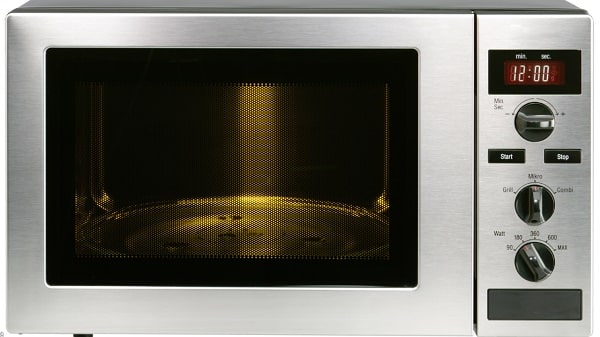
Large household appliances, also known as white goods, include items like refrigerators, washing machines, microwaves, and ovens. These appliances often contain hazardous materials, such as refrigerants and heavy metals, which can cause environmental harm if not disposed of correctly. Additionally, their large size and non-biodegradable components make them problematic for landfills.
When disposing of old appliances, consider recycling programs that specialize in handling white goods. Many manufacturers offer take-back services, allowing consumers to return old appliances for proper disposal and recycling. If the appliance is still functional, donating it to a charity or selling it secondhand can extend its life and reduce waste. Proper disposal of appliances ensures that harmful materials are managed safely and valuable resources are recovered.
Yard Waste and Organic Materials
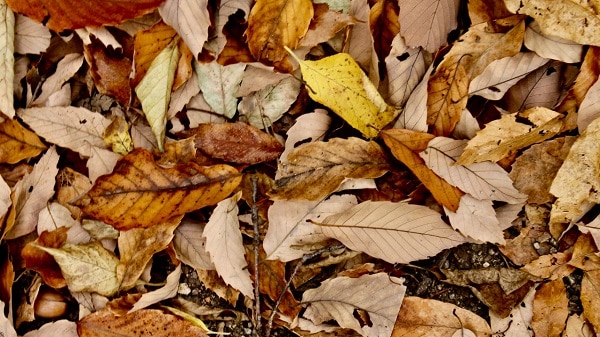
Yard waste, such as grass clippings, leaves, and branches, is often mistakenly disposed of in regular trash. However, when organic materials are sent to landfills, they decompose anaerobically, producing methane—a potent greenhouse gas that significantly contributes to climate change. Additionally, landfilling organic waste means missing out on valuable compostable materials that can enhance soil health and reduce the need for chemical fertilizers.
To manage yard waste responsibly, consider composting at home. Composting transforms organic materials into nutrient-rich compost that can be used to improve garden soil. If home composting is not feasible, many communities offer yard waste collection services or community composting programs. These programs ensure that yard waste is processed properly, reducing methane emissions and promoting sustainable gardening practices. By diverting organic materials from landfills, we can significantly reduce our environmental footprint and support a healthier ecosystem.
Promoting Responsible Waste Disposal
Properly disposing of hazardous household waste, e-waste, medications, personal care products, light bulbs, appliances, and yard waste is essential for protecting our environment and health. By understanding the dangers associated with improper disposal and utilizing safe alternatives, we can minimize pollution and safeguard our communities. Participating in local recycling programs, take-back schemes, and composting initiatives are practical steps everyone can take. Through collective effort and responsible practices, we can significantly reduce the negative impact of waste on our planet and contribute to a more sustainable future.

